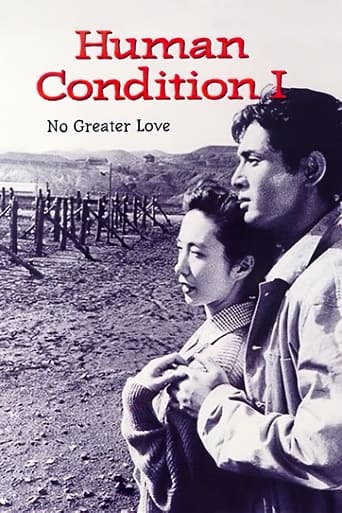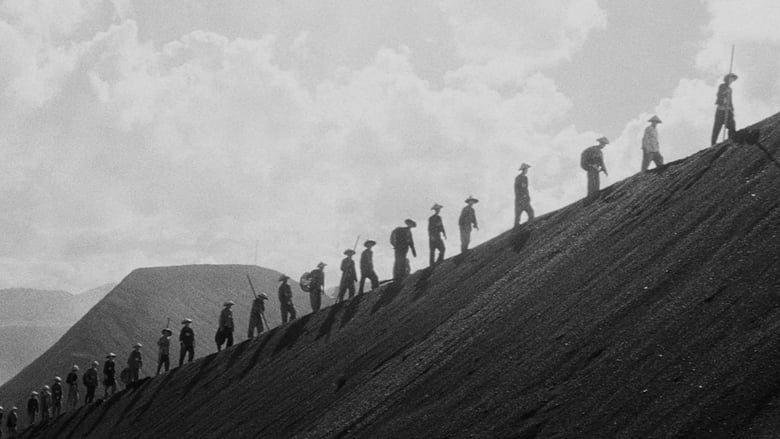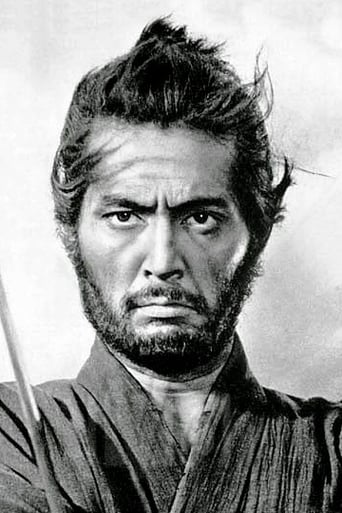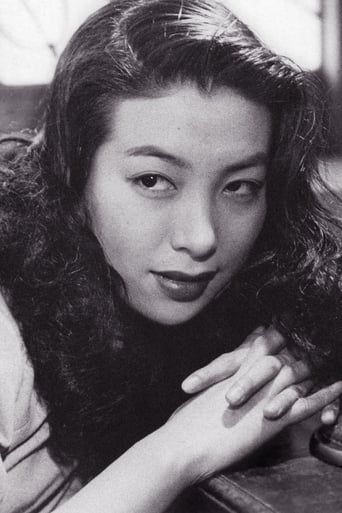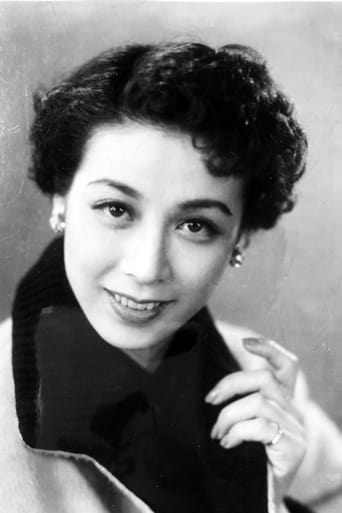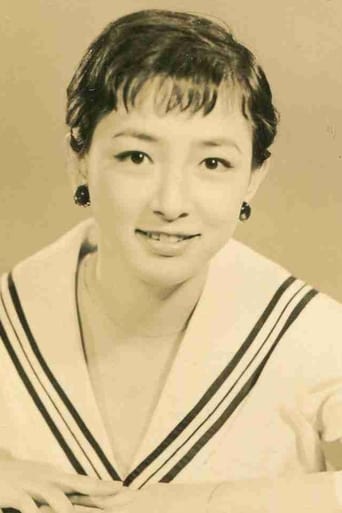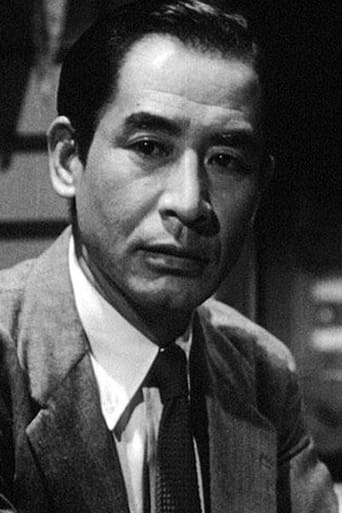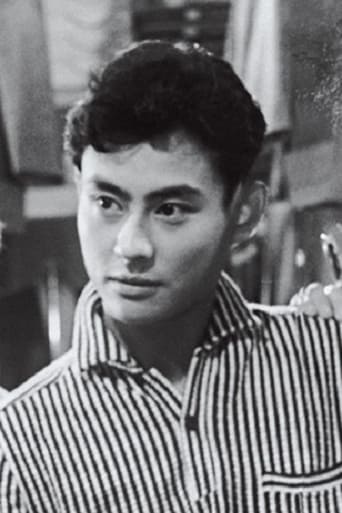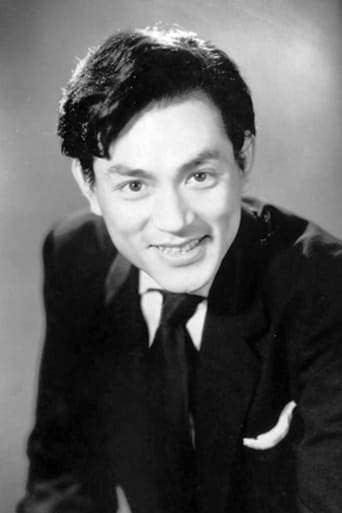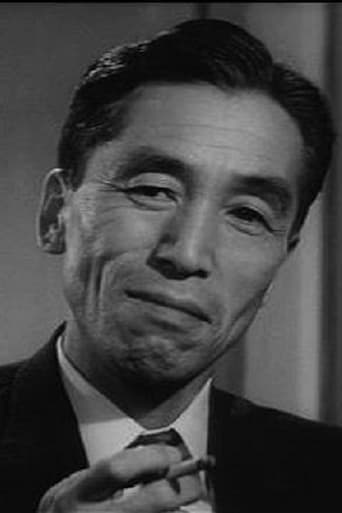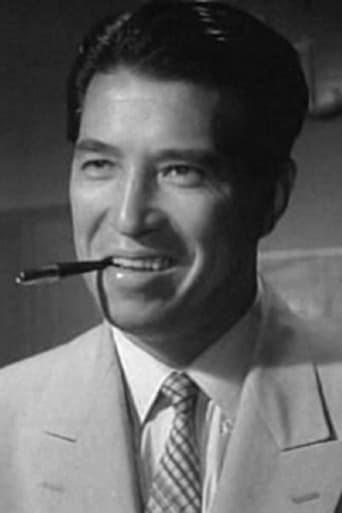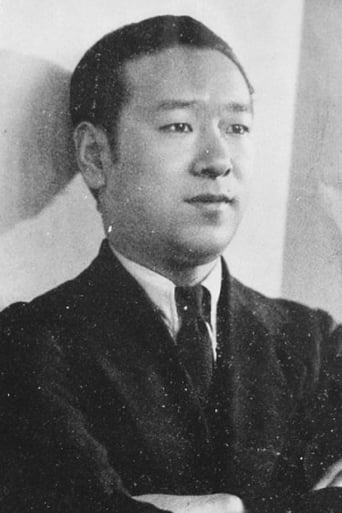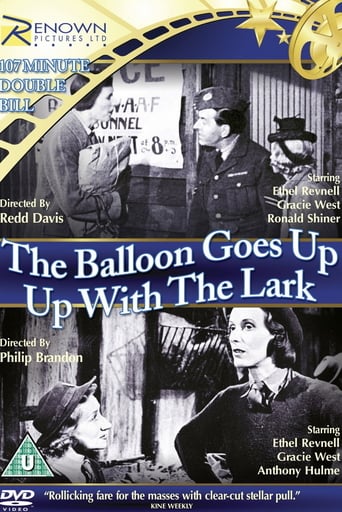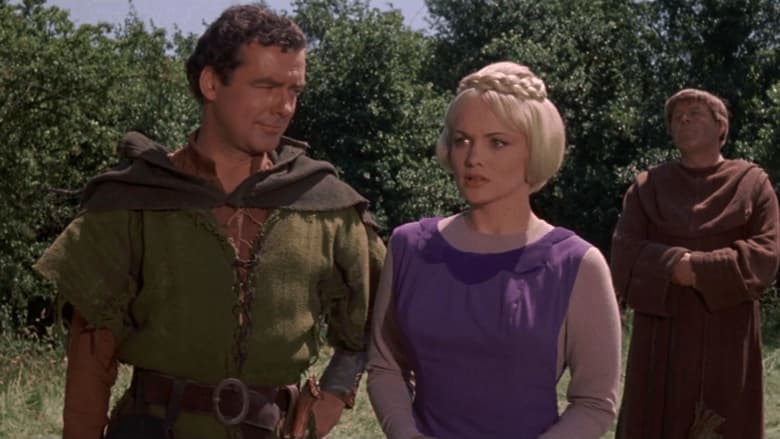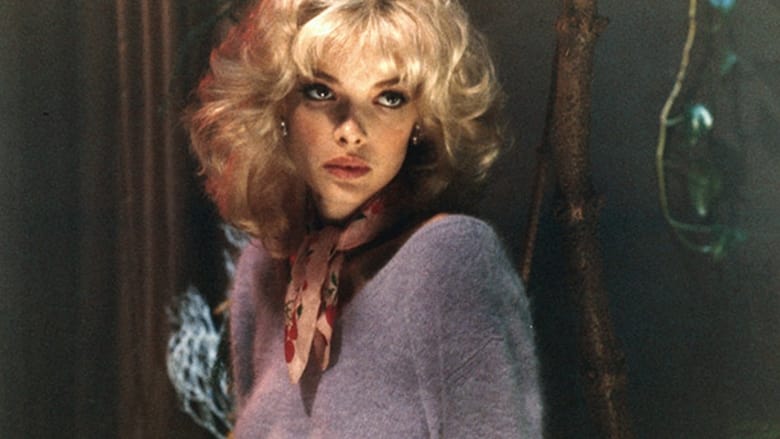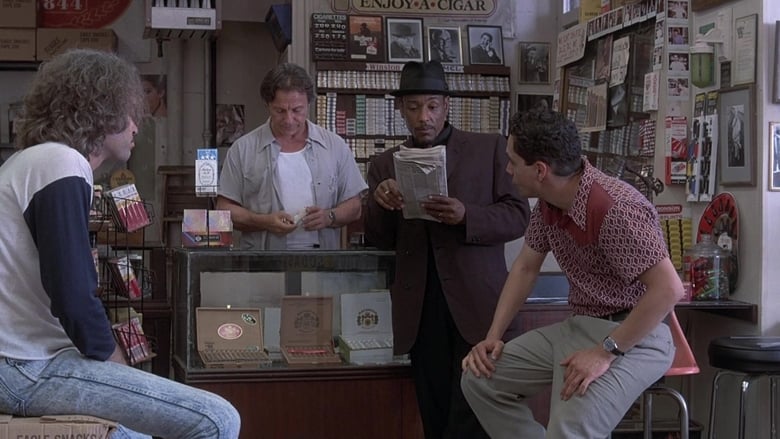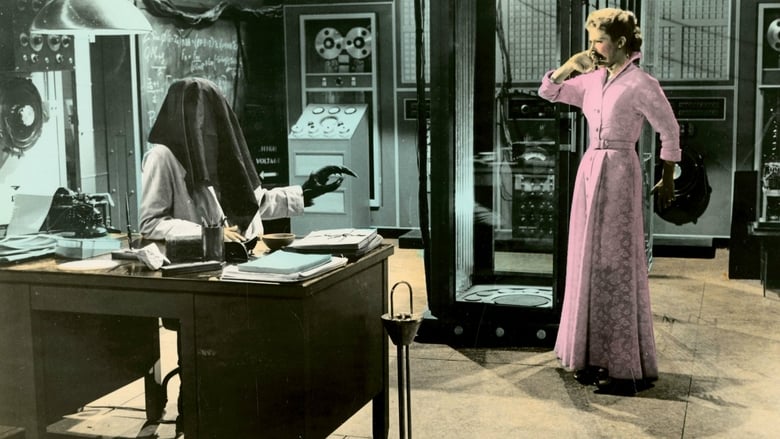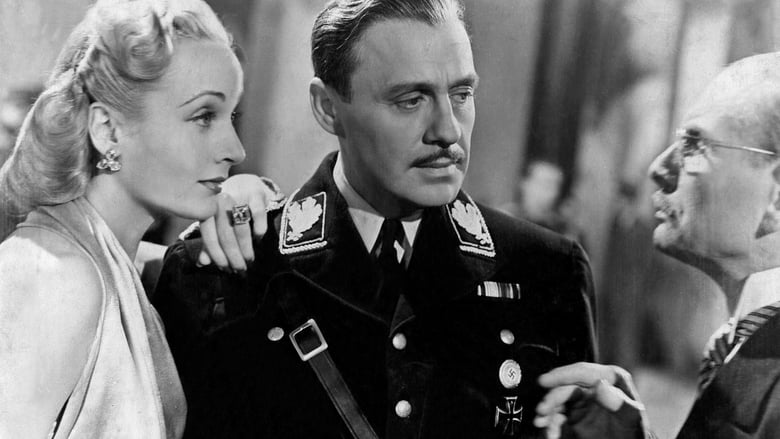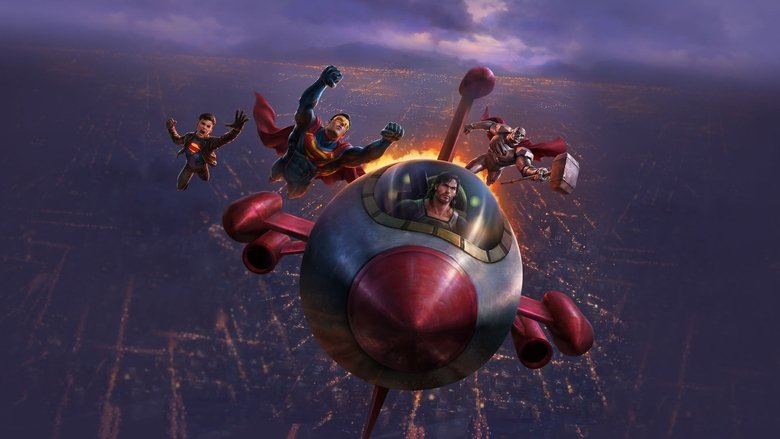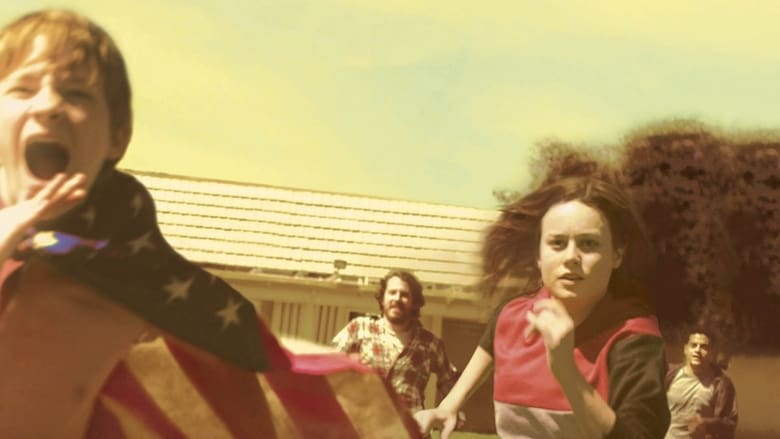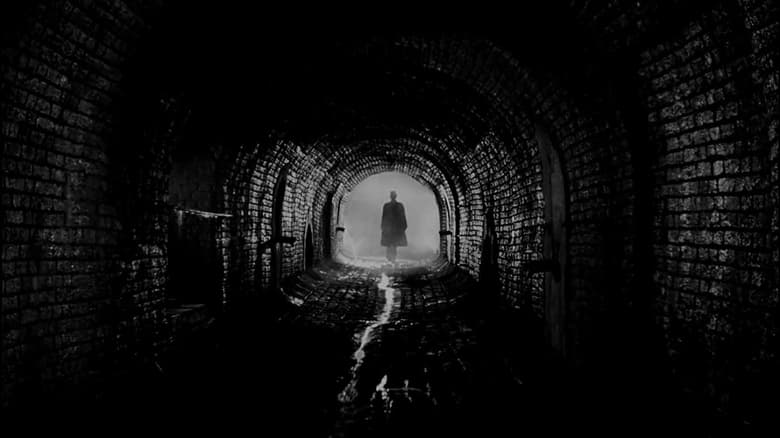After handing in a report on the treatment of Chinese colonial labor, Kaji is offered the post of labor chief at a large mining operation in Manchuria, which also grants him exemption from military service. He accepts, and moves to Manchuria with his newly-wed wife Michiko, but when he tries to put his ideas of more humane treatment into practice, he finds himself at odds with scheming officials, cruel foremen, and the military police.


Similar titles
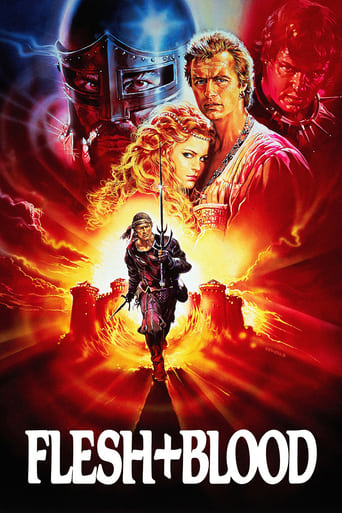
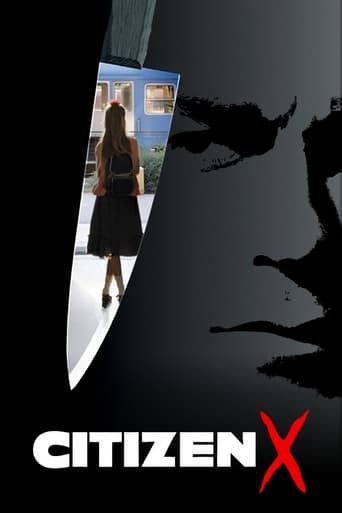
Reviews
The Human Condition (Ningen no jôken) is a 9,5 hour long epic film trilogy directed by Masaki Kobayashi, based on the six volume novel by Junpei Gomikawa. The trilogy stays true to the novel's composition by being divided into six parts, meaning that each of the three installments are split in two parts, in between which are intermissions. Both parts in the first film begin with the same opening credits sequence, showing us some stoneworks portraying dramatic imagery (the similar intro opens all three films). The three movies, each long 3 hours or more, are called No Greater Love, Road to Eternity and A Soldier's Prayer.No Greater Love introduces the main character Kaji, a pacifist during the chaotic mess that was Japan during WW2. To avoid being drafted, he moves to Manchuria with his wife, where he becomes a labor camp supervisor and clashes with the oppressive nature of camp officials and their lower-ranked men.Masaki Kobayashi's films often feature individuals against an oppressive and totalitarian system, be it the feudal Japan in Harakiri and Samurai Rebellion, or WW2 occupied Manchuria in The Human Condition. Kobayashi himself was drafted into the army and sent to Manchuria during the war, meaning that the character of Kaji is not far away from the director himself. Some people accuse the trilogy to be too melodramatic - well, if that's how Kobayashi saw the situation, and he was there, I don't have much of a big problem over it.Kaji is brilliantly portrayed by Tatsuya Nakadai, one of the most versatile Japanese actors. He handles the role fantastically and lives up to the challenge of carrying the entire 9,5-hour plot on his back. Michiyo Aratama, who played Michiko, is perhaps more well-known for her role in Kobayashi's Kwaidan.The Human Condition offers some brilliant widescreen composition and magnificent B&W imagery, as most Kobayashi films do. The film has some problems, though, most of which are of strictly technical nature. First, some of the violent scenes were filmed awkwardly, like the whipping scene listed under IMDb "Goofs". Second, because the entire cast was Japanese, the Mandarin spoken by the miners is very unrealistic (doesn't bother me personally, but it's still there). Third, the mining conditions are surprisingly underplayed and were even harsher in real life. Fourth, the music is sometimes too annoying, loud and even useless in several scenes.But overall, this is definitely a film you have to check out if you're into Japanese cinema, WW2 films, or epic films in general.8,5/10
This is the first of three very long movies that are based on Jumpei Gomikawa's six-volume series. It is set during WWII and is about a Japanese man named Kaji. Kaji is a very liberal man for the times--something that COULD be very dangerous in the militaristic Japanese society. When he's called up to fight in the war, he's torn. He's basically a pacifist at heart and cannot see himself killing another. Luckily for him, his boss gives him a choice--report for military duty or go off to Japanese occupied territory to be the production head for a forced labor camp. Not surprisingly, he goes to work at the camp--and takes his new wife with him.When he sees the camp, Kaji is angered--the soldiers brutalize the workers and have absolutely no regard for them. The camp is also rife with corruption. He insists that the beatings MUST stop and he is opposed by the staff--but he's not willing to budge and he has the authority to make it stick. Fortunately, when the workers are better few and treated well, production increases dramatically. However, when there are prison escapes, the hardliners press for a return to brutality. After all, they feel, these aren't exactly humans--just Chinese and Korean conscripts and, worse, Japanese political prisoners. What is Kaji to do? As the film progresses, to save himself he may need to forget about his high ideals. But, can he live with himself? And what about his marriage? Because of the job, he's withdrawn and miserable--and a lousy husband. I'd say more, but this would ruin the film.Overall, an excellent film that is worth seeing. I am excited to see what happens in the second film, as at the end of the first there is a BIG twist and Kaji's world has been turned upside down in the process. My only question is could this film STILL be a bit sanitized? From what I've read about these camps, they were MUCH more brutal than even the film portrayed.
I thought Masaki Kobayashi could do no wrong.I really wanted to like this. I even tried to and tried hard. Kobayashi is one of a short list of my favorite directors, also a titan of Japanese cinema by any standard I can think of, but more, I was convinced that if the cathartic tragedy he favoured, one that indicts and devastates, could make the leap from the jidaigekis set in Tokugawa Japan to any other genre, that genre would be the war drama.Set in 1943 Manchuria, WWII in full bloody swing, The Human Condition follows the trials and tribulations in occupied China of Kaji, a young idealist drafted in the service of the Japanese army. He is transferred to the hinterland to work as a supervisor in the ore mines of the area, a place where thousands of Chinese prisoners of war slave away in inhuman conditions for the benefit of the Japanese motherland. Kaji, full of youthful optimism as he is, attempts to befriend the Chinese POW's in an effort to both make their living conditions better but also improve their labour efficiency to appease his demanding military superiors.And there the movie starts crumbling under its own weight. For a film clocking in at 3 hours and 20 minutes, there's really an awful lot of scenes where two or three characters discuss the most obvious things and feelings; not a whole lot of subtext going on, chunks of dialogue delivered right on the nose, all done in generic takes. A story is being played out here but there's no cadence, punctuation, or interesting viewpoint. Worse, the movie is melodrama enough to constitute somewhat of an anachronism; it would have made much more sense coming out in 1949 instead of 1959. Consider the movies Samuel Fuller was making a few years ago, consider that Akira Kurosawa was about to revolutionize the jidaigeki and the alienated drifter a year later with Yojimbo, or the soulcrushing indifference of a stark world portrayed in a film like Fires on the Plain. Speaking of protagonists, it's Kaji, the main character we're called to identify with, played by samurai icon Tatsuya Nakadai before he was even a supporting actor in Yojimbo, who presents the biggest problem. His attitude and worldview of unconditional humanism are all too naive and convenient to hit the right emotional chords. Idenitifying with Kaji's holier-than-thou idealism is hard, not because people like him don't exist in real life, I hope they do, but simply because this kind of clean-cut idealist character doesn't fare well in a dramatic context.Bear with me here. Now every dramatic character (and by extention his actions that forward the plot) has to be defined by and rooted in some sort of inner conflict. In Kaji's case, it's between work (supervising prisoners into forced labour) and ideology (every human being should be treated with dignity and respect). But his ideology brings him into direct conflict with every major Japanese character in the movie; the army officers, his boss, the other supervisors - ruthless people who, in no uncertain terms, could have his head on a plate if they were so inclined. Why Kaji repeatedly goes against everyone even at the risk of his life is never so much as hinted at. If he has nothing to lose, what can he stand to gain from this? What do we, as viewers, learn that we didn't know?Usually some sort of character flaw forces the character to take action in an effort to redeem himself. Kaji's only flaw is his idealism. In that sense, Kaji is more of a martyr or a saint than a real flawed human being whose story is worth telling and the audience investing in. I don't see myself in him, he doesn't meaningfully exist in the world as I know it. It's only natural then that we may become frustrated by his idealistic persistance, a feeling that is shared (ironically) by his antagonists inside the movie (the abusive supervisor and the army officials). If this is a clever trick on Kobayashi's part to have us sympathize with Kaji's enemies (and maybe feel bad about it), then I tip my hat to him. Because it was done at the expense of a movie.Another thing that bothered me was how forced the drama felt at times. For example, near the end (and this is no spoiler that matters), a Chinese prostitute whose prisoner lover was executed by the Japanese, throws rocks at Kaji and calls him "Japanese devil". The only responsibility Kaji had at the execution was that he simply couldn't prevent it from happening. He's not even a military officer, just a labour supervisor. There's no reason for the prostitute to throw rocks at Kaji instead of the real culprits. It seems to happen for no other reason than to milk more sympathy and pity for a character that hasn't earned it. His tolerance only seems to invite more abuse which only reinforces his martyrdom.That's not to say that THC is not without its moments of beauty. Some of the cinema in the film is marvelous, with beautiful landscape shots and certain scenes and images that resonate with emotional power: the starving bodies of Chinese prisoners dropping like flies from train wagons, the lenthy execution scene, a parade of prostitutes visiting the concentration camp.Overall, I'm very disappointed with The Human Condition. Based on the glowing reviews here, I was expecting a masterpiece to equal Kobayashi's other work from the 60's. It turns out THC is a war melodrama that might have been very popular in a devastated post-war Japan that was thirsty for the populist theme of humanism valiantly raising its chin in the face of an oppressive system, but I found it too simplistic and convenient and lacking the sophistication of Kobayashi's epics from the decade to come.
Midway through this astonishing film I grabbed the DVD box to find out how long the movie was and read the summary on the back cover. BIG mistake. There's a description of the ending, and I'm extremely unhappy I inadvertently sabotaged part of this experience.You will not have had, most likely, the experience of living in a prison camp or working as a slave in a mine. Nevertheless, you'll recognize that the brutality of the characters in this film is not really any different from that which you experience every day in your comfortable first-world life. With a heavy heart you'll realize people act the same way, whether it's office politics or whipping a slave. Same difference. This is why this movie is so compelling.Similarly, you'll be acutely aware of how comfortable your first-world life is. Watching this movie you will count your blessings as you realize, with some unease, how easily civilization as you know it could deteriorate into what you see on the screen. Think Iraq. Think your own back yard.I've only just seen this first part of the trilogy and am eager to see the rest. This is unquestionably a masterpiece at every level--story, production, cinematography, acting, etcetera. Pay close attention to all the characters. I didn't at first, and lost the thread of the story at times as a result. Nevertheless, the film was completely and utterly spellbinding.
